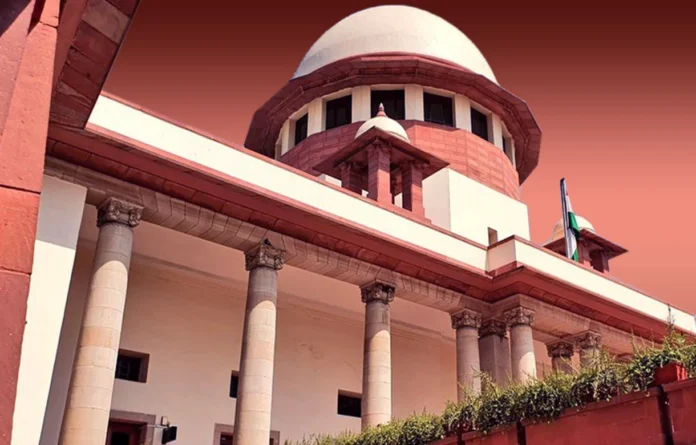The Delhi High Court on Monday allowed the counting of votes in the Delhi University Students’ Union (DUSU) elections from November 26, subject to clearance by the Delhi University regarding cleaning and repainting of defaced property.
The Bench of Chief Justice Manmohan and Justice Tushar Rao Gedela noted that the intent of the present proceedings was to ensure the students recognised that the university property belonged to the public at large, and the students were entitled to use the same for a limited period.
The High Court passed the order on a petition filed by Advocate Prashant Manchanda seeking directions against DUSU election candidates and student political groups involved in defacing of public property and disruption of classrooms.
The petitioner alleged that student leaders were damaging public and private property by spray-painting and pasting posters across Delhi in preparation for the elections, including defacing classrooms.
The Counsel appearing for the students urged the Apex Court to set a date to begin the process for the counting of votes. The counsel appearing for DU submitted that recommendations had been prepared and would be presented to the Vice-Chancellor for further consideration.
The High Court recorded in its order that visible defacement had been largely addressed, and the DUSU election reform committee’s report had been accepted in principle by the Vice-Chancellor. The High Court has been assured that any future violation of guidelines would be treated with seriousness.
The petitioner pointed out that despite cleanup efforts, signs of defacement persisted on both public and private properties near university campuses.
The Bench recorded an assurance from the student representatives that they would clean and repaint the sites highlighted by the petitioner. It directed the University to verify these claims and submit a report within 10 days.
It emphasised that the purpose of the proceedings was not punitive but reformative, aiming to instill in students the understanding that university property was public and should be respected.
The High Court held that the vote-counting process could commence on November 26, subject to the university’s satisfaction with the students’ compliance in cleaning and repainting the affected sites.
The High Court had earlier criticised the University for its failure to enforce strict measures against candidates responsible for defacing public property. It remarked that DU ‘lacked’ moral authority and courage to implement effective actions against such misconduct.
In a connected matter, the High Court had earlier permitted two students to participate in the DUSU elections, despite being denied the opportunity by their respective colleges.
On October 21, the High Court halted the counting and release of election results until the defacement was cleaned and repainted.
On October 28, the Bench asked the DUSU candidates to submit a short affidavit within two weeks concerning the clean-up drive carried out by them.


